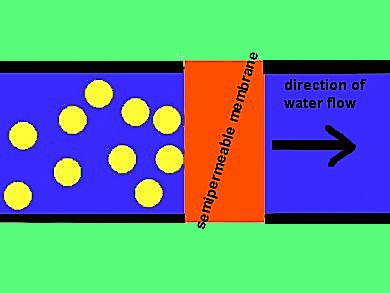The semiarid country Israel aims to achieve a volume of 650 Mm³/year of desalinated water by 2020. By the beginning of 2013, Sorek, the fourth desalination plant to be built in this effort, is supposed to be 50 % operational. The work is being undertaken by Sorek Desalination Ltd., a consortium of IDE Technologies Ltd. and Hutchison Water International Holdings Pte Ltd.
With 150 Mm³ of treated water per year, Sorek will be the largest seawater reverse osmosis (SWRO) facility in the world. It will show a large range of innovations to increase efficiency, reduce costs and footprint, and achieve the lowest final price of desalinated water.
The site of the plant is 2 km away from the sea and all shafts to the beach will be covered in order to keep the shore unaffected and accessible. The pump station will be within the facility and all pipes are laid with pipe lacking rather than cut and cover. To minimize the impact on marine organisms, the feed intake pipes will be fitted with low suction heads. Energy is saved by using gravity to transport the water from the sea to the pumping plant inland.
Membranes with a diameter of 16 inch (40 cm) are used rather than 8 inch (20 cm) membranes. This allows for a 4.3 times larger flow rate at the same feed pressure.
Israel is one of the pioneers in desalination. China and India are expected to be the next large scale markets for desalination for drinking and industrial water.
- Sorek pushes the seawater desalination boundaries,
Catherine Fitzpatrick,
Water 21 2012, 37-38.




